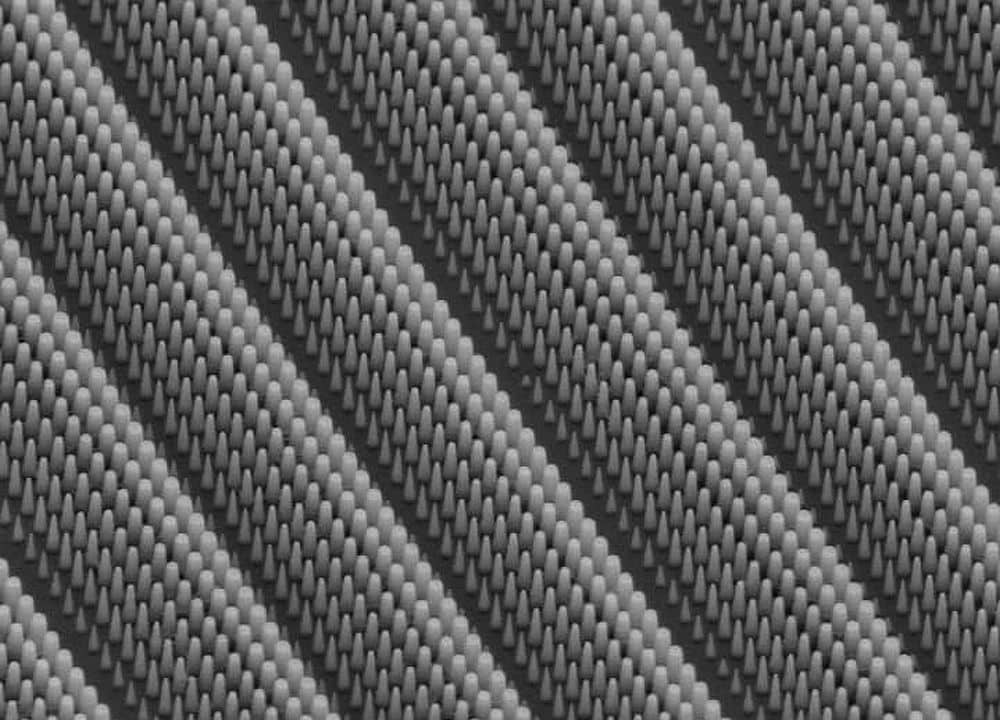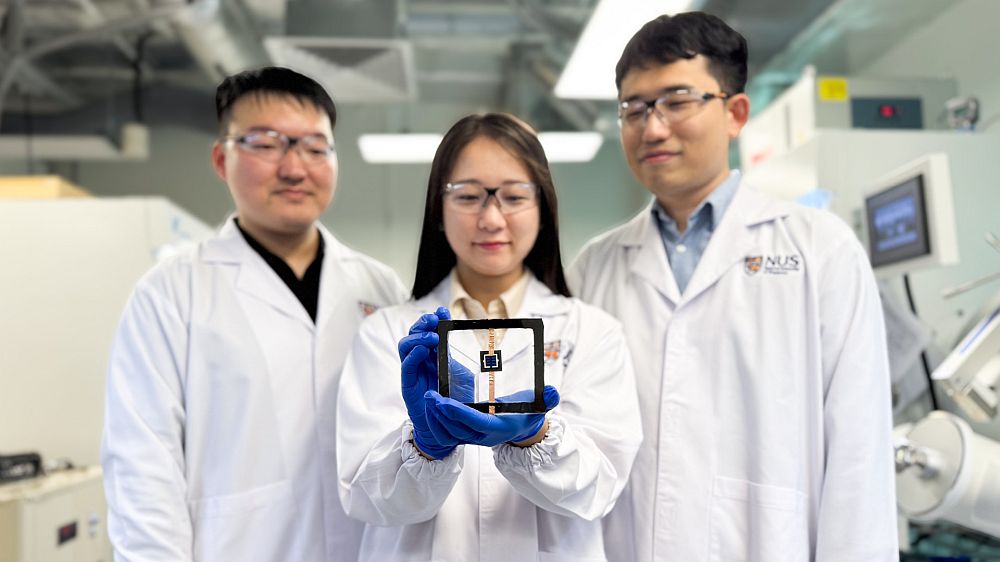Check ’em out:
Ceramic components help make motors greener
The newest requirements for electric motors as a result of the European Energy Using Products directive came into effect in June 2011 and many manufacturers are now reviewing ways to make their products more efficient. Increasing energy efficiency through motor design is just one consideration encompassing the entire motor design process. For instance, the choice of materials can have a significant impact on efficiencies and many manufacturers are turning to ceramic components to help.
A University of Missouri researcher and his colleague have conducted a review that casts doubt on the accuracy of a popular theory that attempted to explain why there are more men than women in top levels of mathematic fields. The researchers found that numerous studies claiming that the stereotype, “men are better at math” — believed to undermine women’s math performance — had major methodological flaws and used improper statistical techniques, and they say many studies had no scientific evidence of this stereotype.
The faster-than-fast Fourier transform
The fast Fourier transform, devised in the mid-1960s, made it practical to calculate Fourier transforms on the fly. Ever since the FFT was proposed, however, people have wondered whether an even faster algorithm could be found. A group of MIT researchers have found a new algorithm that, in a large range of practically important cases, improves on the fast Fourier transform. Under some circumstances, the improvement can be dramatic: a tenfold increase in speed. The new algorithm could be particularly useful for image compression, enabling, say, smartphones to wirelessly transmit large video files without draining their batteries or consuming their monthly bandwidth allotments.
The Moringa oleifera seeds could purify and clarify water inexpensively and sustainably, scientists report. Research on the potential of a sustainable water-treatment process requiring only tree seeds and sand appears in ACS’ journal . They added an extract of the seed containing the positively charged Moringa protein, which binds to sediment and kills microbes, to negatively charged sand. The resulting functionalized sand proved effective in killing harmful E. coli bacteria and removing sediment from water samples.
Cylindrical refinement increases solar concentrator efficiency
A team of researchers at the University of California, Merced, has redesigned luminescent solar concentrators to be more efficient at sending sunlight to solar cells. The advancement could be an important breakthrough for solar energy harvesting, predicts UC Merced physics professor Sayantani Ghosh. “We tweaked the traditional flat design for luminescent solar concentrators and made them into cylinders. The results of this architectural redesign surprised us, as it significantly improves their efficiency,” he says.
The MIT work sheds light on the superconductivity of electrons in metals, including high-temperature superconductors that have the potential to revolutionize energy efficiency. The researchers carried out their experiment with an isotope of lithium that has an odd number of electrons, protons and neutrons. Such particles are called fermions. In order to become superfluid and flow without friction, fermions need to team up in pairs. This is what happens in superconductors, where electrons form so-called Cooper pairs, which can flow without any resistance.
CTT Categories
- Energy
- Modeling & Simulation
- Nanomaterials
Related Posts
Solid-state batteries turn heads at CES 2026
January 29, 2026


